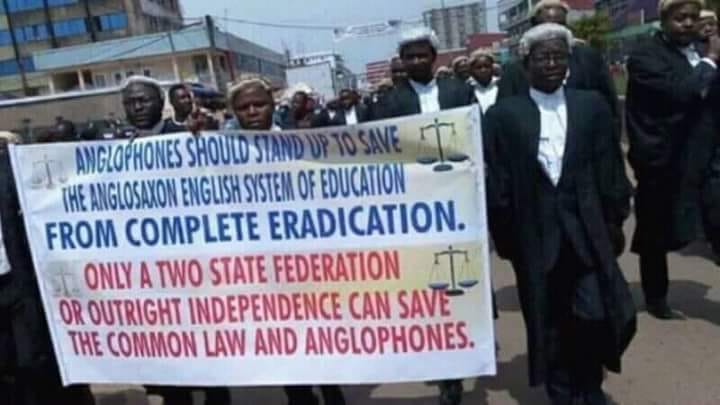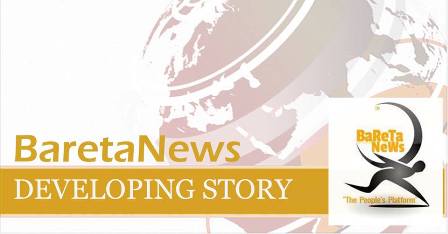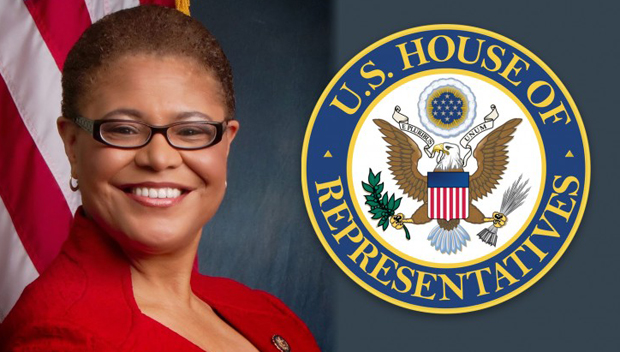Biya’s New Decree Rekindles Legal Tensions in Anglophone Cameroon—Lawyers Warn of Renewed Unrest
By Andre Momo
Tensions are once again simmering in Cameroon’s North West and South West Regions, after President Paul Biya signed Decree No. 20254316 on July 16, 2025, instituting the appointment of Notaries Public in the two English-speaking regions. The decision, seen as an affront to the Common Law tradition, has sparked outrage among Anglophone lawyers, who accuse the government of provocation, legal sabotage, and deliberate erosion of the region’s legal identity.
Lawyers from across the two zones are threatening “fire and brimstone,” recalling that a similar imposition in 2016 helped ignite the Ambazonia war of independence — a conflict that has raged for nearly a decade, claiming thousands of lives and displacing over a million.
A Legal System Under Siege
Under the Common Law system practiced in the Anglophone regions, the functions of a Notary Public have traditionally been carried out by qualified lawyers, unlike the Civil Law system dominant in Francophone regions, where Notaries are appointed by the state and enjoy distinct powers.
President Biya’s new decree, however, unilaterally overrides this arrangement — ordering the appointment of Notaries Public in the North West and South West as though they were mere extensions of the French legal model.
“This is more than a legal reform — it is an attack on our identity,” one senior Barrister in Bamenda told Baretanews. “Cameroon has once again chosen coercion over consultation.”
The Ghost of 2016: A Dangerous Déjà Vu
This decision is particularly tone-deaf given its historical resonance. In late 2016, Common Law lawyers staged peaceful protests against the “Francophonisation” of courts, including the posting of Civil Law magistrates to Common Law jurisdictions, the imposition of French-speaking judges, and the removal of legal functions like notary work from Anglophone lawyers.
The violent crackdown that followed — arrests, torture, and the banning of the Common Law lawyers’ associations — helped ignite what became the Ambazonia war of independence.
“We’ve been here before. We protested peacefully in 2016. They tear-gassed us. Some of us were jailed, others fled into exile,” said a Douala-based Anglophone lawyer. “Now they’re lighting the match again.”
Deliberate Provocation or Bureaucratic Ignorance?
Observers are divided on whether Biya’s move is the result of bureaucratic indifference or calculated provocation. What is clear, however, is that the decision was made without stakeholder consultation, and at a moment when the government claims to be pursuing peace in the Anglophone regions.
Critics argue that the decree is part of a broader, long-running strategy to undermine and erase Common Law institutions — replacing them with French-inspired structures, and thereby tightening central control over regions that have long resisted assimilation.
“Cameroon never learns,” said one law lecturer at the University of Buea. “Instead of healing wounds, this decree pours salt in them.”
Legal and Political Consequences Looming
The immediate fallout has been legal: several bar associations and regional legal bodies have called emergency meetings to discuss court boycotts, petitions to the Constitutional Council, and mass resignation threats from lawyers asked to train or recognize new notarial appointees.
But the political implications may be even more serious. With the presidential elections just months away, and armed conflict still active in the Anglophone zones, this move risks rekindling resistance, further destabilizing a region already distrustful of Yaoundé.
“You cannot crush a people’s legal identity and then beg them to vote for unity,” remarked a judge who requested anonymity. “This decree just reaffirms why so many believe separation is the only way.”
Conclusion: A Legal System at War With Itself
By reintroducing one of the spark-plugs of the 2016 legal uprising, the Biya regime has not just made a legal decision — it has revived a battlefront. The North West and South West regions are not merely fighting for land or language; they are fighting for a legal heritage, and for the right to govern themselves according to their own traditions.
Unless the decree is reversed or suspended through meaningful dialogue, Cameroon risks not just legal chaos, but political backfire — in the form of renewed unrest, deeper alienation, and perhaps an irreversible acceleration of the Ambazonian cause.





